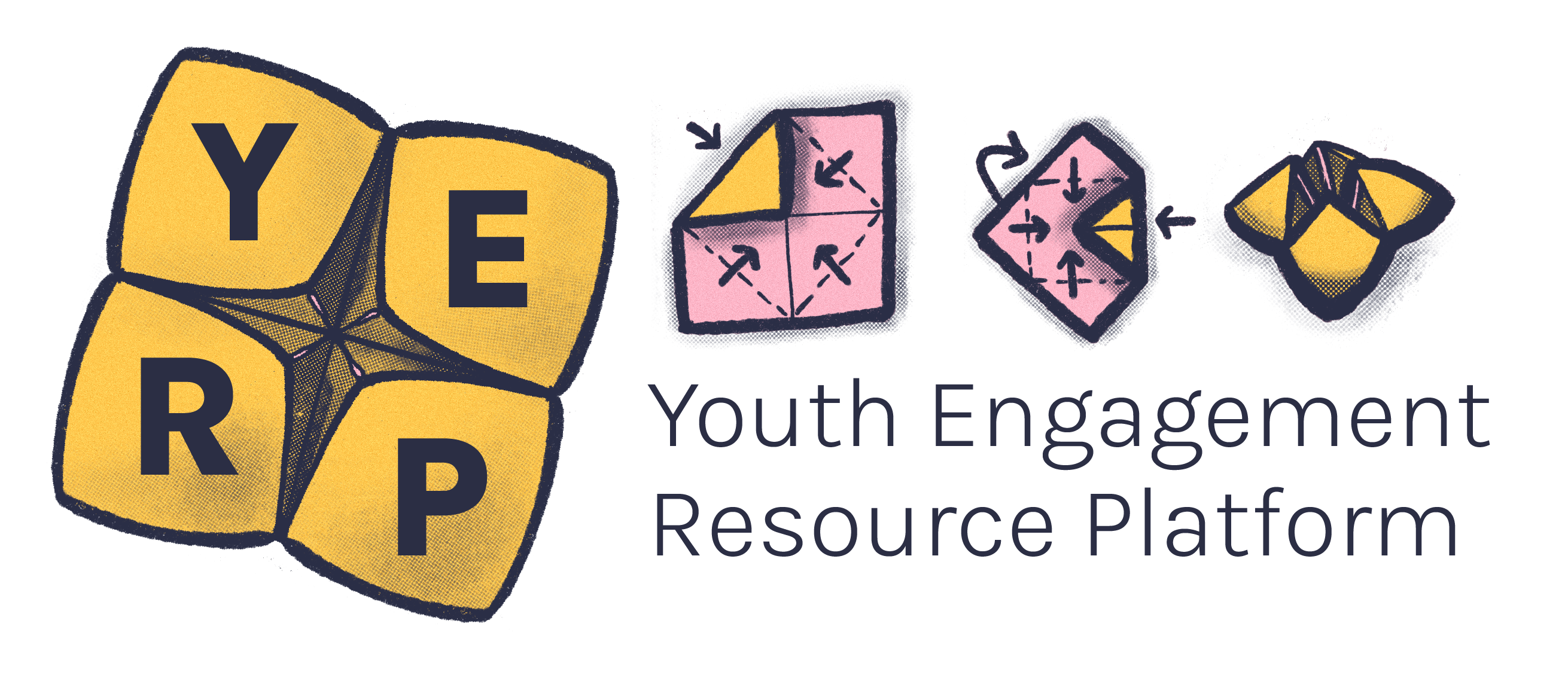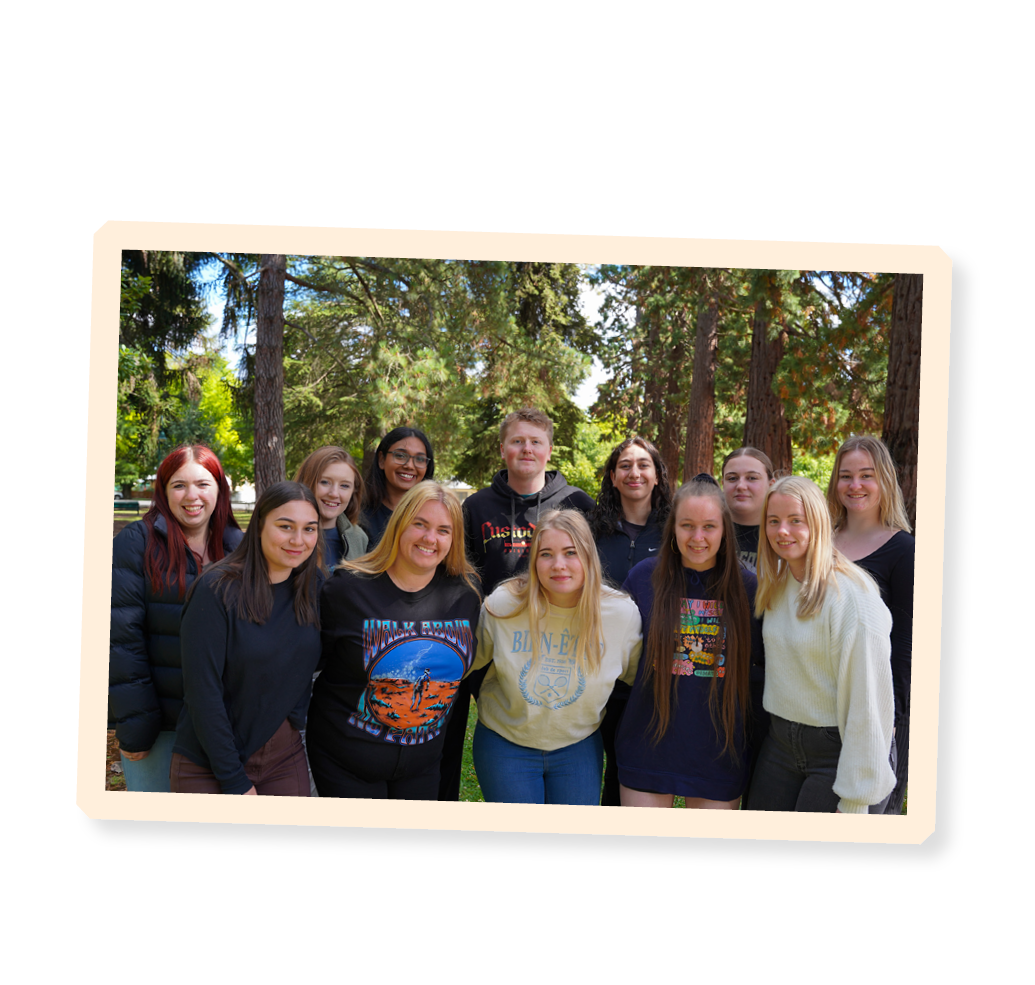Young people are really leading the race for creating a sustainable future for the planet.
Thinking about climate change and all the issues we face can be very overwhelming and can cause feelings of anxiety and despair. But you aren’t alone in these feelings.
The motivation, passion, and power of young people in environmental volunteering gives us lots of hope for the future. Hope is our greatest asset!
Volunteering can be a great way to contribute to climate justice efforts. If you feel like contributing to your community, and you’re passionate about climate justice, sustainability, nature and biodiversity, and everything in between, environmental volunteering could be the perfect opportunity for you.1
You can bring your skills, passion and enthusiasm to an organisation that’s right for you and build your skills and network to pursue a career in your area of interest.1
While systemic change must be a priority and we need governments and big businesses to be on board, it can be empowering to personally contribute to issues you’re passionate about, and volunteering is a great way to do so.
Volunteering can be done at a local level or higher, depending on the opportunities you’re interested in.
Never forget that the small, everyday changes and issues we tackle on a local level can have an impact. You never know where your volunteering might lead.
Volunteering also offers the opportunity for you to connect with organisations in the sector you’re interested in. This is great for networking, building your skills and gaining valuable work experience.
These under-40 champions gathered for the 'Plant and Dance' Landcare event in South Gippsland. In just one epic day, they planted over 3,500 trees!
This initiative proves that when you combine the power of community, music, and environmental action, you create an unforgettable experience that leaves a lasting impact on both the land and its caretakers.
Gabriel (he/him)
'I come from the bush. Nature has always been a friend to me and I just love seeing the natural world thriving.
A lot of LGBTIQ people are interested in the environment, particularly in the urban environment where a lot of them are living in their community’s shared space.
People were talking to me - friends and other people in the LGBTIQ communities about the impacts that the fires had had on their mental health.
I'd set up a Facebook group, it's now into the hundreds and we're having regular events.
The group is based at the Bababi Djinanang grasslands here in Faulkner. All of the events happen here.
It's about basically improving the biodiversity and environmental integrity of the area here.
We've had some events, we had 80, 90 people turn up. We've had planting days, some other weed identification days, bird days, pollinator days.
So the event today is part of a series of funded events that we've been running around the grasslands.
It's looking at pollinators, and the influence and impact of pollinators around the creek.
And the kind of habitat needs those little guys need to do their good work.
Looking back, a lot of the feedback that I've got from people has been about the importance of having a space for LGBTIQ people in the environment and biodiversity movement, people really see it improving their wellbeing and their mental health and their connection.'
Edie (they/she)
'I have lived near the Merri creek for about five years.
End of 2020, I was needing a sense of purpose.
We'd been in lockdown for a while, I heard about a few community projects through friends and put my hand up to be involved.
It started as a DIY group, which I think is really attractive to me.
So it was a group of volunteers originally coming together knowing that they wanted a space that felt safe for queer and trans people.
Like I think people bring so many amazing experiences to conservation.
And this is a real place where you can connect with each other and really strengthen on that rather than feeling like you're in a silo.
I guess on top of that, I've really enjoyed being with members of the queer community.'
In this inspiring video, we follow the journey of Gabriel Aleksandrs, a Reservoir resident who found solace, connection, and purpose through his love of nature along the Merri Creek in Melbourne.
Driven by a desire to heal and unite, Gabriel established the "LGBTIQ Friends of Bababi Djinanang Grasslands" Facebook group.
What starts as a small endeavour quickly blossoms into a thriving community of like-minded individuals.
The group not only focuses on environmental conservation but also becomes a safe haven for LGBTIQ individuals seeking meaningful connections beyond traditional spaces, while also connecting with nature.
If you’re interested in environmental volunteering, check out Intrepid Landcare.
Just like the videos above, there are great opportunities for young people to come together and work on a range of areas, from climate action to threatened species recovery.
-
Follow community pages and groups
-
Follow social media accounts from individuals and organisations working in spaces you’re interested in
-
Research your local community organisations and community gardens in your area
-
Email an organisation directly and ask if they have any volunteering opportunities.
-
The University of Sydney. (3 December 2021). 5 feel good benefits of volunteering. https://www.sydney.edu.au/news-opinion/news/2021/12/03/5-feel-good-benefits-of-volunteering.html
Nature-led Community Resilience (NLCR) Toolkit People healing nature and nature healing people in disaster recovery





